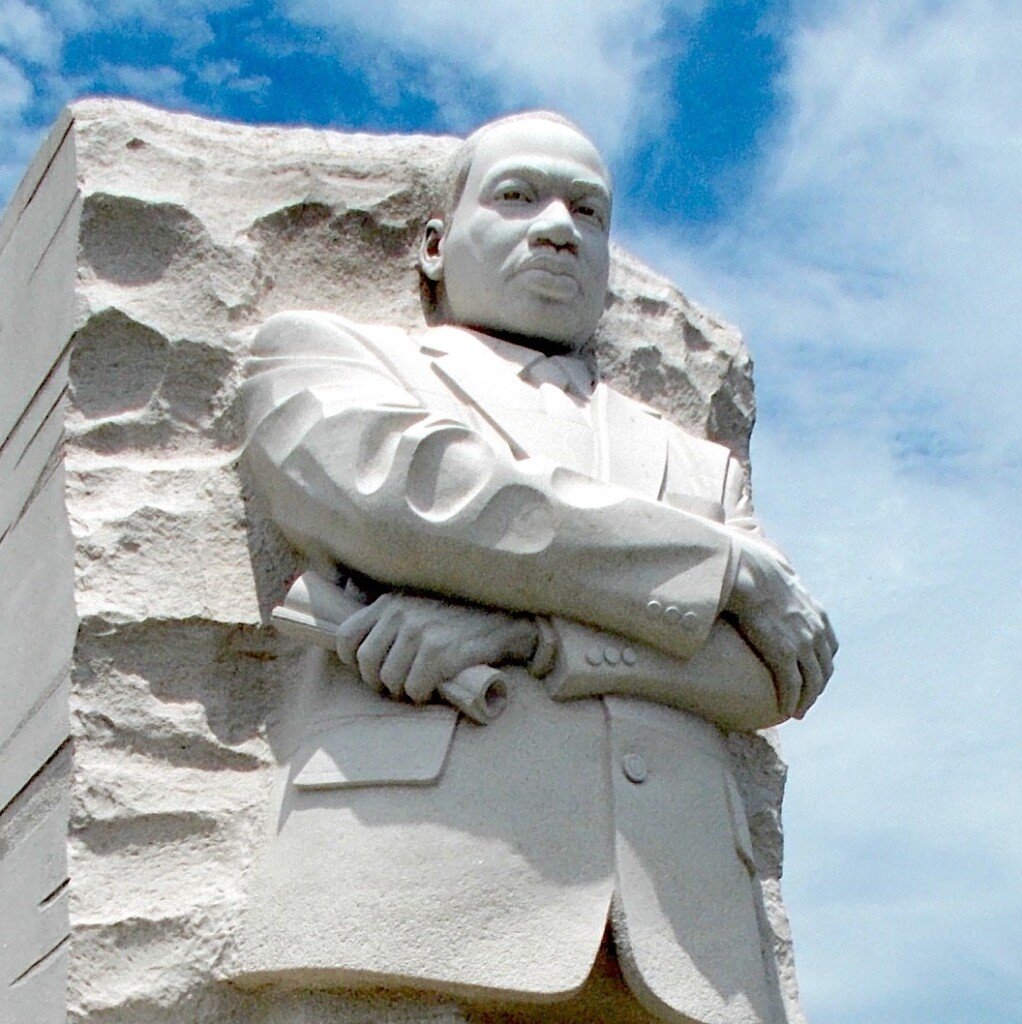D-Day: Horrors and Heroes
Like tens of millions during those horrible years, Jackson lived through hell, and the scars of war – seen and unseen – remained even when the hostilities ended.
 Eighty years ago this month, around 160,000 Allied troops, including 73,000 Americans, stormed the beaches of Normandy in choppy waters. D-Day lives on as one of the most momentous – and deadliest – dates in U.S. history.
Eighty years ago this month, around 160,000 Allied troops, including 73,000 Americans, stormed the beaches of Normandy in choppy waters. D-Day lives on as one of the most momentous – and deadliest – dates in U.S. history.
Of the more than 4,400 Allied soldiers who died that day, 2,500 were Americans.
Ed Jackson of Columbus drove a tank after a D-Day landing on Utah Beach. The 21-year-old was studying journalism when he left Emory University to answer his nation’s call in the wake of the Pearl Harbor attack. After training as a tank driver at Fort Knox, Kentucky, and Fort Meade, Maryland, he headed off to England and served in the elite 70th Tank Battalion.
Jackson and his crew survived June 6, 1944, but death and danger surrounded them every second. Moving inland, they would have encountered the bodies of Army paratroopers dangling from trees. The Germans shot or bayoneted them after they got entangled and trapped as they landed.
On June 9, three days after alighting on Utah Beach, Jackson cheated death once again. In Crisbecq, France, the Nazis counterattacked. An 88 mm shell hit his tank as it slowly crawled through thick hedgerows. Jackson emerged as the sole survivor.
The Germans captured Jackson, marched him through France and loaded him into a cattle car with other Allied prisoners headed to Germany. The Georgian would spend the next 11 months as a POW in a prison camp north of Munich. Never giving up, he escaped but was recaptured and remained imprisoned until liberated by Gen. Patton’s troops. What a day that must have been.
Like tens of millions during those horrible years, Jackson lived through hell, and the scars of war – seen and unseen – remained even when the hostilities ended. Jackson won a Purple Heart, signifying his status as an American war hero. But he never felt like a hero.
To him, his buddies who died in the Sherman tank were the real heroes. He thought of them and their devastated families, and he struggled with the guilt that haunts a survivor.
Jackson returned home and enrolled at the University of Georgia, where he met and married a young woman from Albany named Dot. Together they raised three sons, all of whom live in Atlanta today. He enjoyed a long and distinguished career at Southern Bell as a communications executive.
Jackson’s son Glen is a co-founder of Jackson Spalding, a well-known PR and marketing company that represents some of Georgia’s most distinguished corporate names. In his corner office in a Midtown Atlanta high-rise, Glen keeps a framed photo of his dad.
“I think of him every day,” he said recently as he toured me around his office after a friendly lunch. Glen said his dad didn’t talk much about his wartime experience, but Glen knows now it was never far from his dad’s mind. “I always noticed that at any sporting event the singing of the national anthem was serious business for him.”
In 1980, Glen joined his dad on a trip back to the German prison camp where he served his time as a POW. It was an emotional and meaningful journey. But he would never go back to Normandy, perhaps never wishing to relive the most horrifying, painful days of his life.
Ed died at the age of 60, when Glen was 19. With the wisdom that comes with age, experience and study, Glen can look back and see what a child’s eyes could never discern about a kind and loving parent: evidence of the post-traumatic stress disorder that affects so many of our veterans.
In a state with more than 700,000 veterans, we know that the Jackson family story is not unique in Georgia. Many of our neighbors live with the ghosts of Vietnam, Iraq and Afghanistan.
In 2005, Glen went to Normandy with his own family. In addition to finding the location where Ed’s tank was probably hit, they visited Utah Beach and wrote in the sand, “June 6, 1944. Ed Jackson was here.” To this day, Glen swears he heard his father speak to him that day: “Son, I’m OK. Life goes on. Move forward.” But he also heard words that reflected the life experience of Ed and other veterans of war: “Don’t look back forever. Step into your pain to experience gain.”
Ed Jackson was an American hero surrounded by heroes. The pain of the Greatest Generation was our gain. Eighty years later, we’re still in their debt.
Brian Robinson is co-host of WABE’s Political Breakfast podcast.







